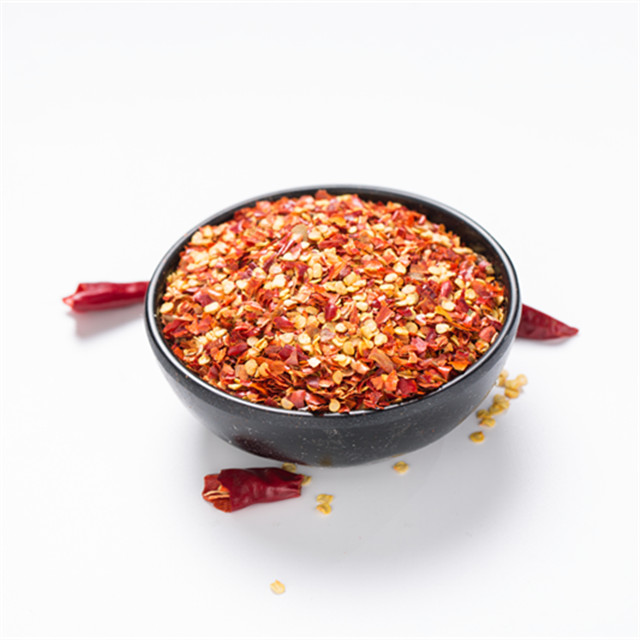Thickeners in Liquid Soap The Role of Texture and Consistency
Liquid soap has become a staple product in households and commercial settings alike, transitioning from traditional bar soaps to more versatile forms that cater to a wide range of user preferences. One key aspect that contributes to the effectiveness and user satisfaction of liquid soap is its texture, which is largely influenced by the thickeners used in its formulation. In this article, we will explore the role of thickeners in liquid soap, the types commonly used, and their impact on the overall quality and performance of the product.
Understanding Thickeners
Thickeners are substances that increase the viscosity of a liquid without significantly changing its other properties. In the context of liquid soap, thickeners not only enhance the texture but also improve the product's stability and usability. The right viscosity is crucial for user experience, ensuring that the soap dispenses easily from a bottle while maintaining an appealing consistency that is not too runny or too thick.
Types of Thickeners
There are several types of thickeners used in liquid soap formulations. These can be broadly categorized into natural, synthetic, and modified thickeners.
1. Natural Thickeners Derived from plant sources, natural thickeners include ingredients like guar gum, xanthan gum, and carrageenan. These thickeners are favored for their biodegradability and non-toxic properties, making them ideal for formulations aimed at sensitive skin types and eco-friendly products. Guar gum, for example, not only thickens but can also enhance the moisturizing properties of the soap.
2. Synthetic Thickeners Chemical-based thickeners such as carbomers and sodium polyacrylate are commonly used for their stability across a range of pH levels and their ability to create a smooth texture. These synthetic options allow formulators to achieve a higher level of control over the viscosity of the soap, which can be crucial for specific product applications.
thickeners liquid soap

3. Modified Thickeners These thickeners are chemically altered natural polymers designed to enhance their thickening properties and functionalities. For example, modified cellulose derivatives like hydroxypropyl methylcellulose (HPMC) are effective in creating thick and stable emulsions.
Impact on Quality and Performance
The choice of thickener has a significant impact on the quality and performance of liquid soaps. The viscosity of a liquid soap can influence how consumers perceive its effectiveness. A thicker soap often feels more luxurious, providing a richer lather, while a thinner consistency may feel less substantial. This perception can also affect customer loyalty and brand reputation.
Moreover, the use of thickeners can affect the stability of the product over time. A well-formulated liquid soap with the right thickener will remain consistent during its shelf life, preventing separation and ensuring that the product delivers the same quality with each use. This stability is particularly important for commercial products that undergo rigorous transport and storage conditions.
User Experience
Ultimately, the texture of liquid soap plays a significant role in user experience. Thicker formulations often provide a feeling of richness and indulgence, resulting in a more satisfying washing experience. Conversely, liquid soaps that are too thick may impede dispensing and lead to frustration. The ideal thickener helps achieve a balance that caters to a broad consumer base, enhancing both appeal and functionality.
Conclusion
Thickeners are an essential component of liquid soap formulations, influencing not only the product's texture but also its overall performance and consumer acceptance. By understanding the different types of thickeners and their effects, formulators can create liquid soaps that meet the diverse needs of consumers while ensuring a consistent and delightful experience. As the market for liquid soaps continues to evolve, the role of thickeners will undoubtedly remain critical in shaping the future of this versatile product.
-
Rdp Powder: Key Considerations for Wholesalers in the Building Materials IndustryNewsJul.08,2025
-
Key Considerations for Wholesalers: Navigating the World of Hpmc - Based ProductsNewsJul.08,2025
-
Hpmc Detergent: Key Considerations for WholesalersNewsJul.08,2025
-
Key Considerations for Wholesalers: China Hpmc For Tile Adhesive, Coating Additives, Concrete Additives, and MoreNewsJul.08,2025
-
Crucial Considerations for Wholesalers: Navigating the World of Construction MaterialsNewsJul.08,2025
-
Key Considerations for Wholesalers Sourcing Additive For Cement, Additive For Concrete, Additive For Putty from Additive Manufacturer Shijiazhuang Gaocheng District Yongfeng Cellulose Co., Ltd.NewsJul.08,2025




